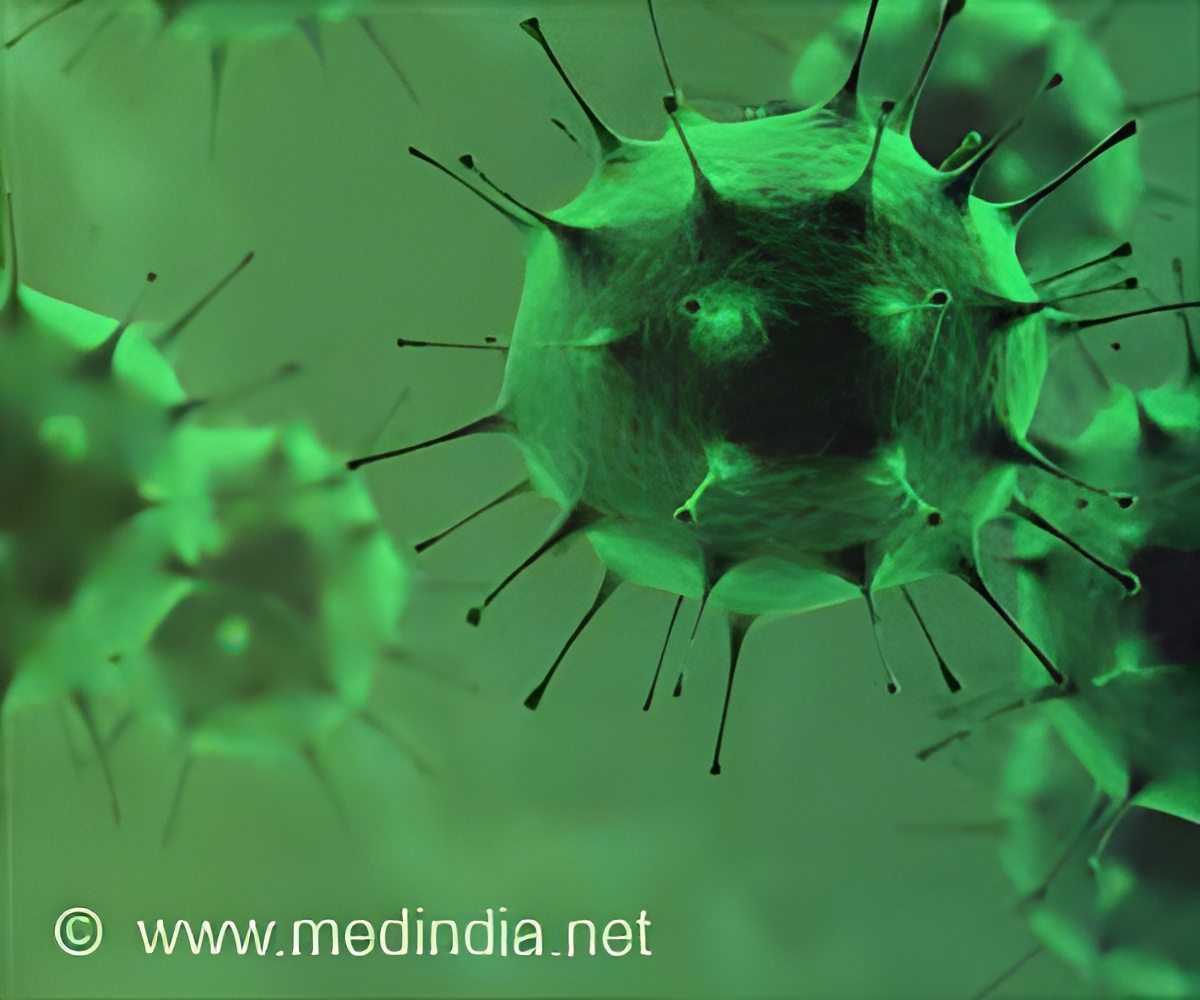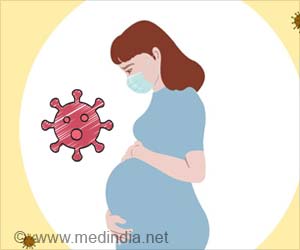New study explains the alarming spectrum of neurological symptoms reported in few patients with COVID-19, and why some patients suffer severe neurological effects while others experience none at all.

"This could explain many of the neurologic symptoms we see in COVID-19 patients, which include loss of sense of smell and taste, disorientation, psychosis and stroke."
SARS-CoV-2 infect a person's cells by grabbing angiotensin-converting enzyme-2 (ACE2) receptors. For the study, Costa and colleagues examined RNA and proteins to determine whether cell cultures of human astrocytes and neurons expressed ACE2 (angiotensin-converting enzyme-2).
Studies confirmed that both astrocytes and neurons express the ACE2 receptor and that both cell types can become infected with SARS-CoV-2, though astrocytes were less likely to become infected.
By resisting infection, astrocytes could help keep SARS-CoV-2 out of the brain, but once infected, they could easily pass the virus along to many neurons, according to researchers.
"While astrocytes display a higher resistance to infection, neurons seem to be more susceptible," said Costa.
Advertisement
Source-Medindia












